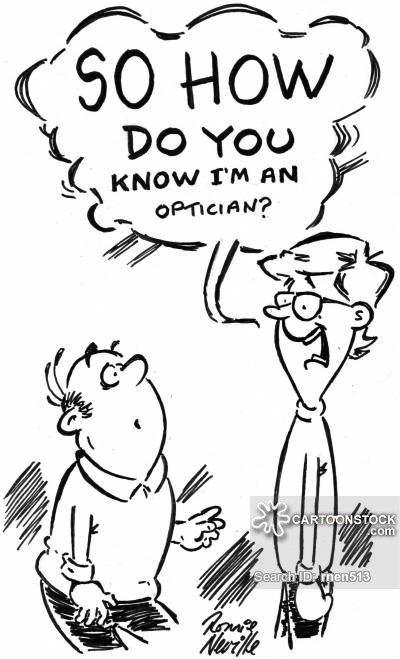BruceK
Moderator Emeritus
- Joined
- Oct 31, 2011
- Messages
- 13,347
- Vessel Name
- Sojourn
- Vessel Make
- Integrity 386
How good is your vision, especially at night? It`s an important safety issue.
Many of us are at an age where our vision can have significantly deteriorated. And it`s like the paint on your car getting dull, it can happen so gradually you may not notice.
Eventually I realized my night vision was poor. Other boats heading home after NYE fireworks were faster and confident of their surroundings, but I was struggling to see boats,landmarks, etc. Attempts to improve vision by adjusting lens prescriptions were marginal. I had cataracts.
It was only after cataract surgery for lens implants I realized how poor my vision had been, 24/7. The surgery was miraculous. My vision was back for all purposes. And I could navigate confidently at night. It was not inexpensive, but so worth doing. The procedure is not too unpleasant, the inconvenience is nothing compared to the results.
That`s just my experience. No doubt there are other issues affecting vision, be it day or night, but as we get older cataract formation becomes likely and can seriously compromise your vision.
Do you you have a vision deficit, can you tell if you do, and is it reversible? If you do, is it affecting your safety as a skipper? How can you avoid an object in your path if you can`t see it? In Australia, often the first step is seeing an optometrist, an examination usually fully covered by Medicare.
I hope dhays and any other experts will contribute to and expand what I think is an safety important issue.
Many of us are at an age where our vision can have significantly deteriorated. And it`s like the paint on your car getting dull, it can happen so gradually you may not notice.
Eventually I realized my night vision was poor. Other boats heading home after NYE fireworks were faster and confident of their surroundings, but I was struggling to see boats,landmarks, etc. Attempts to improve vision by adjusting lens prescriptions were marginal. I had cataracts.
It was only after cataract surgery for lens implants I realized how poor my vision had been, 24/7. The surgery was miraculous. My vision was back for all purposes. And I could navigate confidently at night. It was not inexpensive, but so worth doing. The procedure is not too unpleasant, the inconvenience is nothing compared to the results.
That`s just my experience. No doubt there are other issues affecting vision, be it day or night, but as we get older cataract formation becomes likely and can seriously compromise your vision.
Do you you have a vision deficit, can you tell if you do, and is it reversible? If you do, is it affecting your safety as a skipper? How can you avoid an object in your path if you can`t see it? In Australia, often the first step is seeing an optometrist, an examination usually fully covered by Medicare.
I hope dhays and any other experts will contribute to and expand what I think is an safety important issue.
Last edited:





